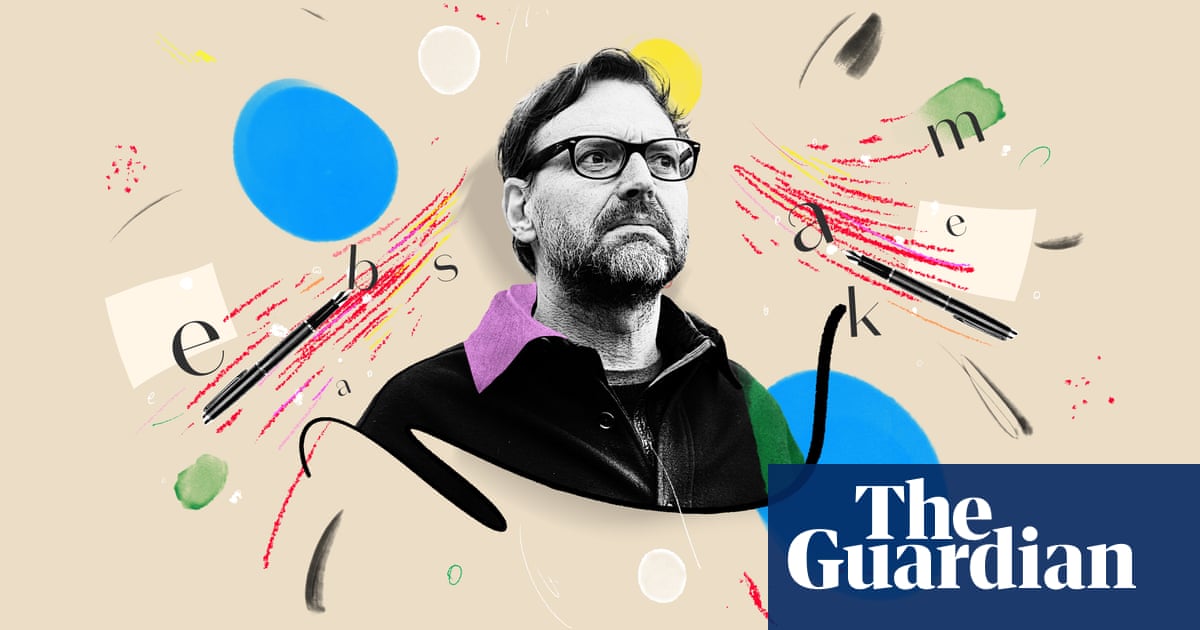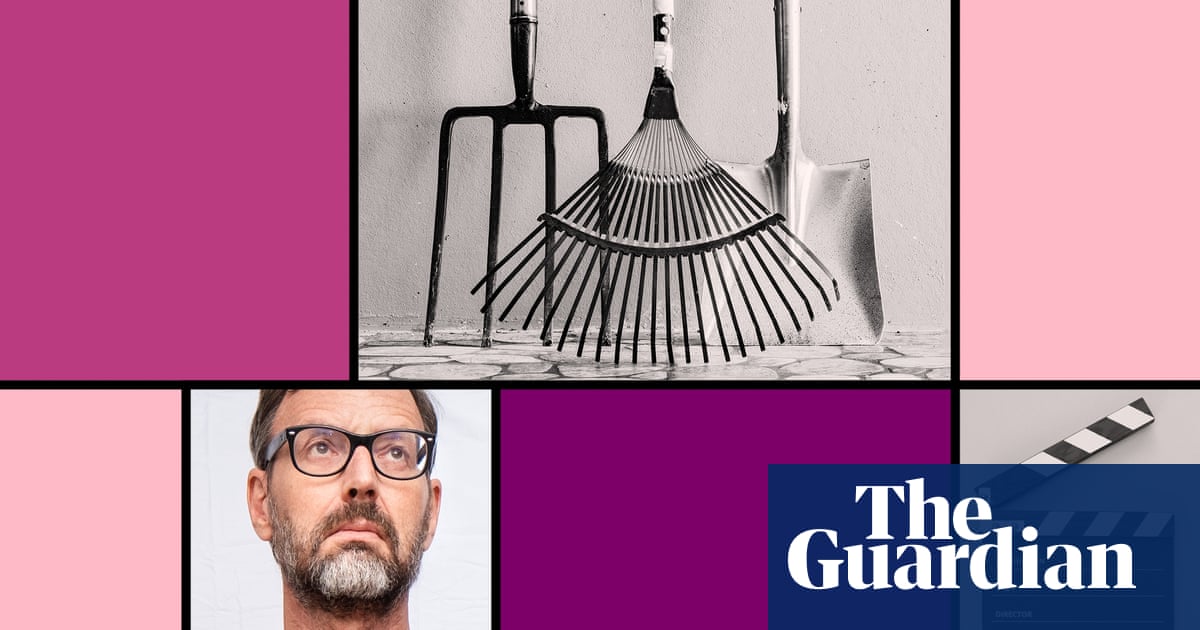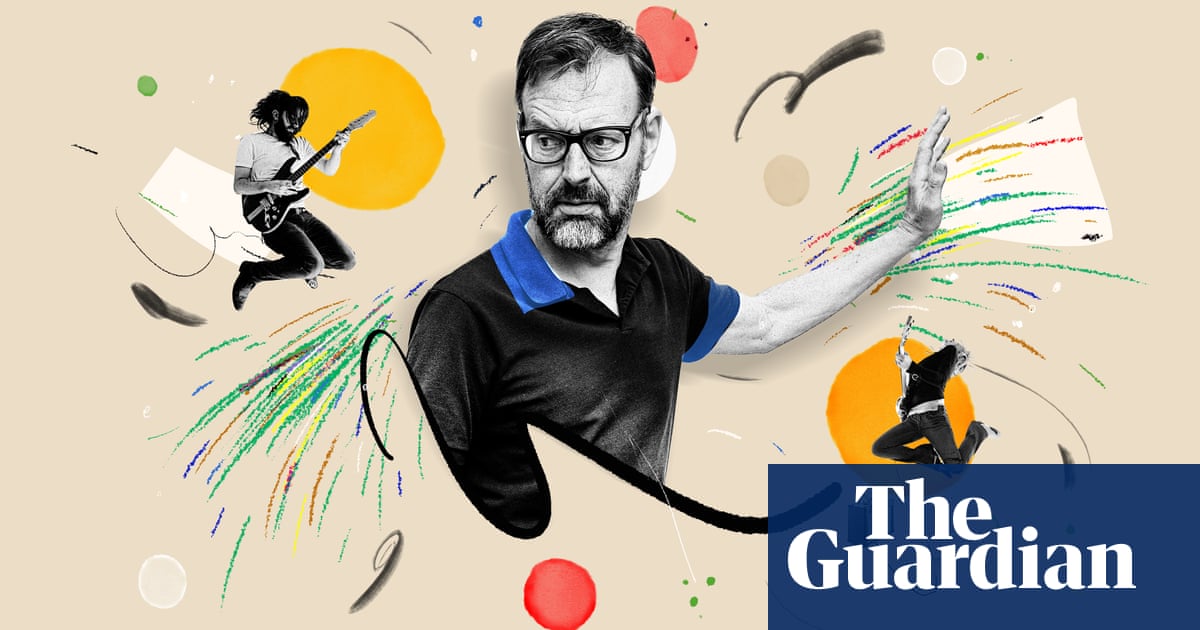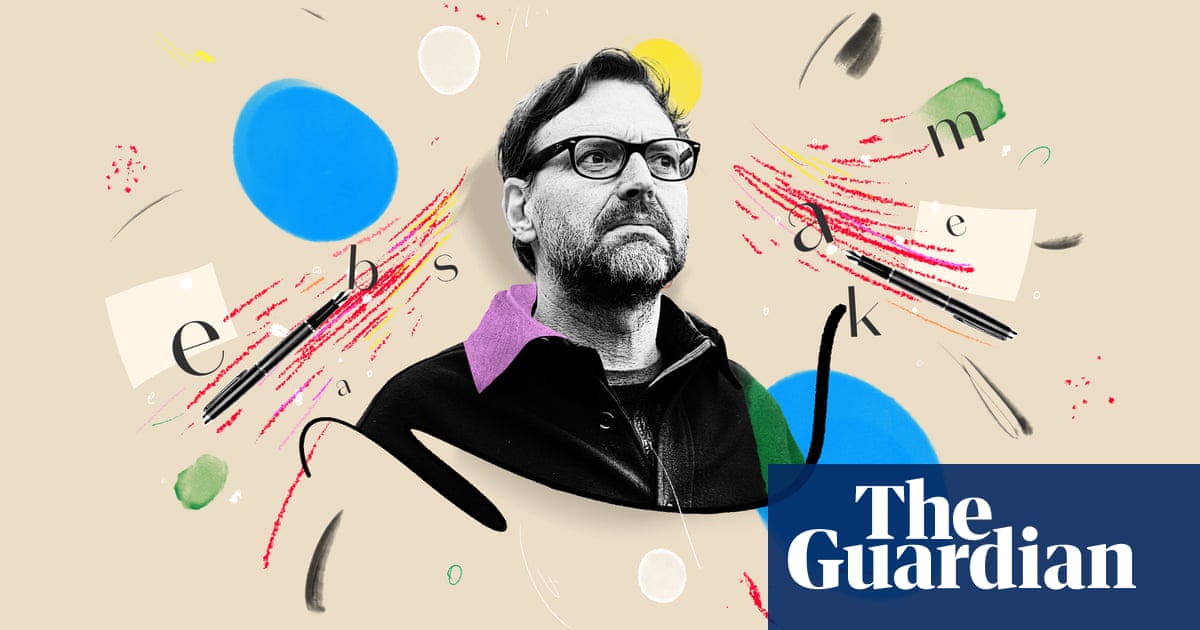
During the last two years of the pandemic I felt pretty immersed in the collective experience: I suffered from anxiety, isolation, boredom and a lack of exercise. I was unable to visit relatives, and saw whole chunks of my calendar cancelled. I simultaneously complained about and helped to create shortages of common consumer goods. And I grew anxious all over again as restrictions were eased.
But I missed out on one bit of the saga: getting Covid-19. For most of last winter I never went out without coming home and thinking: I bet I’ve caught Covid from that. But I hadn’t.
Of course I knew others who had never had the virus. But then, one at a time, they all got it. My friend Pat was furious with himself because he was sure he’d caught it going to a Gail’s Bakery – two years of scrupulous precaution undone by a momentary, entitled craving for sourdough.
Spring came and I started finding that my mask wasn’t always in my coat pocket when I went to the shops. I spent time in crowded rooms where people recklessly shook hands. And still nothing. I began to think I was incapable of getting Covid.
Then, feeling rough after our holiday, my wife and I both tested positive. From the moment I saw the red line, I felt worse.
“Are you going to fix the toilet tank today?” my wife asks when I wake the next morning.
“I’ve got Covid,” I say. My eyes itch, and my muscles ache. I could go straight back to sleep.
“And the lawn really needs mowing,” she says.
“I’ve got Covid,” I say.
“Yes, so have I,” she says. She seems set on ruining this experience for me.
But I picked up Covid so late in the game that there are no rules left: no testing regime, no requirements for self-isolation, no restrictions on my behaviour to observe. Nowhere can I find any advice suggesting I shouldn’t mow the lawn.
The grass has not been cut all winter. The unruly lawn is damp, and the push mower I use slides over the top of it, or becomes clogged halfway along a row. After an hour I have made no discernible progress. My arms are weak; my breath is running short. My wife finds me sitting on the steps, head in hands.
“You haven’t got very far,” she says.
“I’m going to fix the toilet,” I say. “It’s easier.”
I’ve avoided trying to repair the toilet because it’s an old fashioned model with the tank high up on the wall near the ceiling. You need a ladder to get to it, and there’s not a lot of headroom to work in.
Once I’ve got the lid off, the problem is obvious: the fulcrum of the lever operated by the flush chain – a little steel rod – has worked loose and is sitting at the bottom of the tank. I roll up a sleeve and, slightly feverish, paw around in the cold water until I find it.
Back downstairs I gaze at the half-cut lawn. My wife comes in and looks out of the window.
“Still plenty of light left,” she says.
“I know,” I say.
“Did you fix the toilet?” she says.
“Oh yes,” I say. It takes me until nightfall to finish the lawn, in stages.
The next day I feel slightly better. A new cupboard for my wife’s office arrives, in flatpack form, but the first I hear about it is when the middle one comes to ask me where the drill is. I tell him.
“Are you sure you need it?” I say. He returns with a drill bit in one hand, and the drill in the other.
“How do I make one of these go in this?” he says.
Later on my wife I and eat lunch together. An electric screwdriver is humming somewhere upstairs.
“I noticed you asked him to put your thing together,” I say.
“I thought you were busy, and ill,” my wife says.
“I have Covid,” I say. “So is he your go-to person for that stuff now, instead of me?”
My wife does not answer.
“Is there a reason you’re not answering?” I say. She doesn’t answer that either.
Much later I come in from my office to find the middle one making coffee.
“How did it go with the cupboard?” I say.
“Yeah, fine,” he says. “I put in one piece upside down, so you can’t shut the bottom drawer all the way. But I’d have to take it all apart again to fix it, so I just left it.”
I think: good man.












